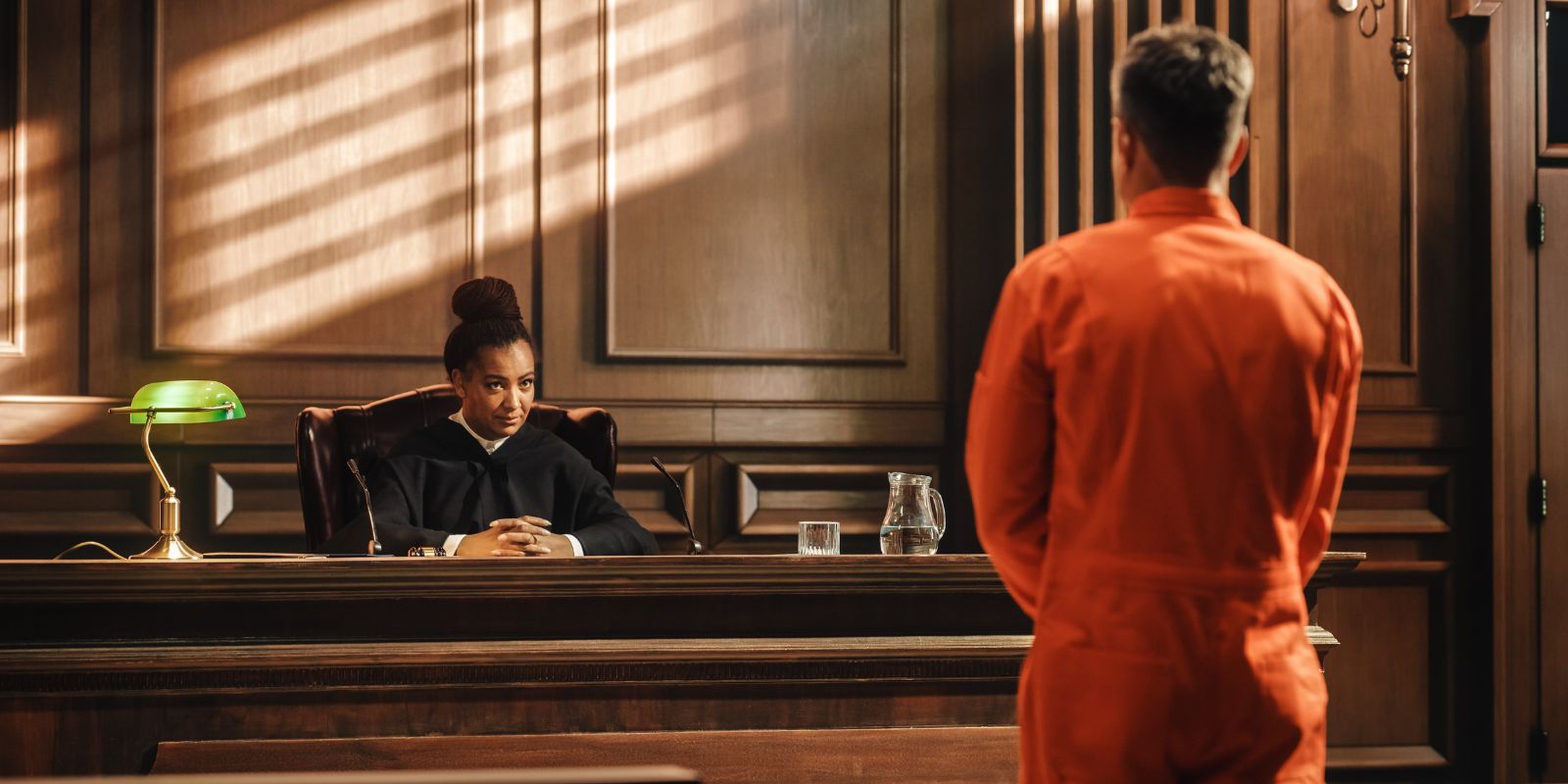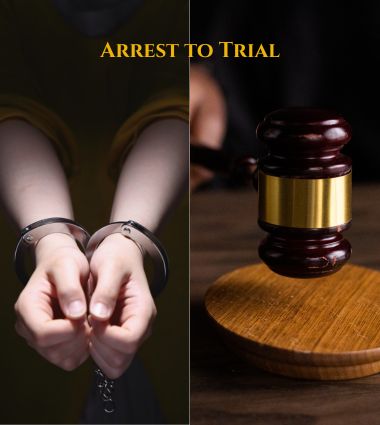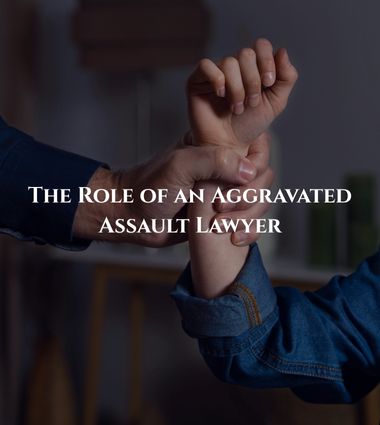How the Criminal Justice System Works in Canada
The criminal justice system in Canada is designed to maintain public safety, ensure fairness, and uphold the rights of every individual. Whether you are accused of a crime, a victim, or simply interested in understanding how the system works, knowing the steps of the process can make it less overwhelming. From investigation to trial and sentencing, each stage follows established procedures to guarantee justice.
1. The Investigation Stage
Most cases begin with a police investigation. Police officers gather evidence, interview witnesses, and determine whether there is enough information to lay charges.
If sufficient evidence exists, the police may make an arrest and inform the accused of their rights under the Canadian Charter of Rights and Freedoms, including the right to remain silent and the right to consult a lawyer.
2. Laying of Charges
Once an arrest is made, the police submit their findings to the Crown Attorney’s office, which decides whether charges should proceed. This step ensures that only cases with a reasonable prospect of conviction move forward.
If you are facing charges, seeking legal representation is crucial. A skilled criminal law lawyer can explain your rights and develop a defense strategy tailored to your situation.

3. The Bail Hearing
If arrested, you may have a bail hearing to determine whether you should be released until trial. Judges consider factors such as:
- The seriousness of the alleged offence
- The risk of the accused not attending court
- Public safety concerns
Bail conditions often include restrictions like curfews, no-contact orders, or travel limitations.
4. The Disclosure Process
During disclosure, the Crown provides the defense with all evidence collected, including police reports, witness statements, and forensic results. This process allows both sides to prepare fairly for court.
A defense lawyer reviews disclosure carefully to challenge weaknesses in the prosecution’s case.
5. Pre-Trial Appearances
Before the trial begins, there may be multiple court appearances to resolve legal issues, negotiate pleas, or set trial dates. In some cases, charges may be withdrawn or reduced if there are evidentiary problems.

6. The Trial
At trial, the Crown presents evidence to prove guilt beyond a reasonable doubt. The defense has the right to cross-examine witnesses and present its own evidence.
There are two types of trials:
- Judge-alone trial – The judge decides both the facts and the law.
- Judge and jury trial – A jury of 12 peers determines the facts, while the judge oversees the legal framework.
Your defense strategy may vary depending on the charges. For example, those facing sensitive allegations may consult a specialized sexual assault lawyer, while impaired driving cases often require the expertise of a DUI lawyer.
7. Sentencing
If found guilty, the judge imposes a sentence. Sentencing depends on:
- The nature and severity of the offence
- The offender’s criminal history
- The impact on victims
- Any mitigating or aggravating factors
Sentences can include fines, probation, community service, or imprisonment. More serious crimes, such as aggravated assault, carry harsher penalties. If you or a loved one is facing such charges, it’s essential to have representation from an experienced aggravated assault lawyer.
8. Appeals and Post-Sentencing Options
If either side believes the trial or sentence was unfair, they may file an appeal. Appeals can challenge convictions, sentences, or legal errors. Additionally, convicted individuals may apply for parole or other post-sentencing remedies.
9. The Role of Lawyers in the Process
Having legal representation is vital in navigating the Canadian criminal justice system. Lawyers ensure:
- Your rights are protected
- You receive a fair trial
- The Crown’s case is thoroughly tested
Specialized lawyers provide tailored defense strategies depending on the nature of the charges.
Conclusion
The Canadian criminal justice system is complex, with multiple stages that require careful navigation. From investigation to appeals, each step carries important rights and responsibilities. If you are facing criminal charges, consulting with an experienced lawyer can make a significant difference in protecting your future.
Real Estate
Family Law
Wills & Estates
Immigration
Join Our Mailing List.
Sign up with your email to receive our newsletter and stay informed about the latest legal developments and special offers.


